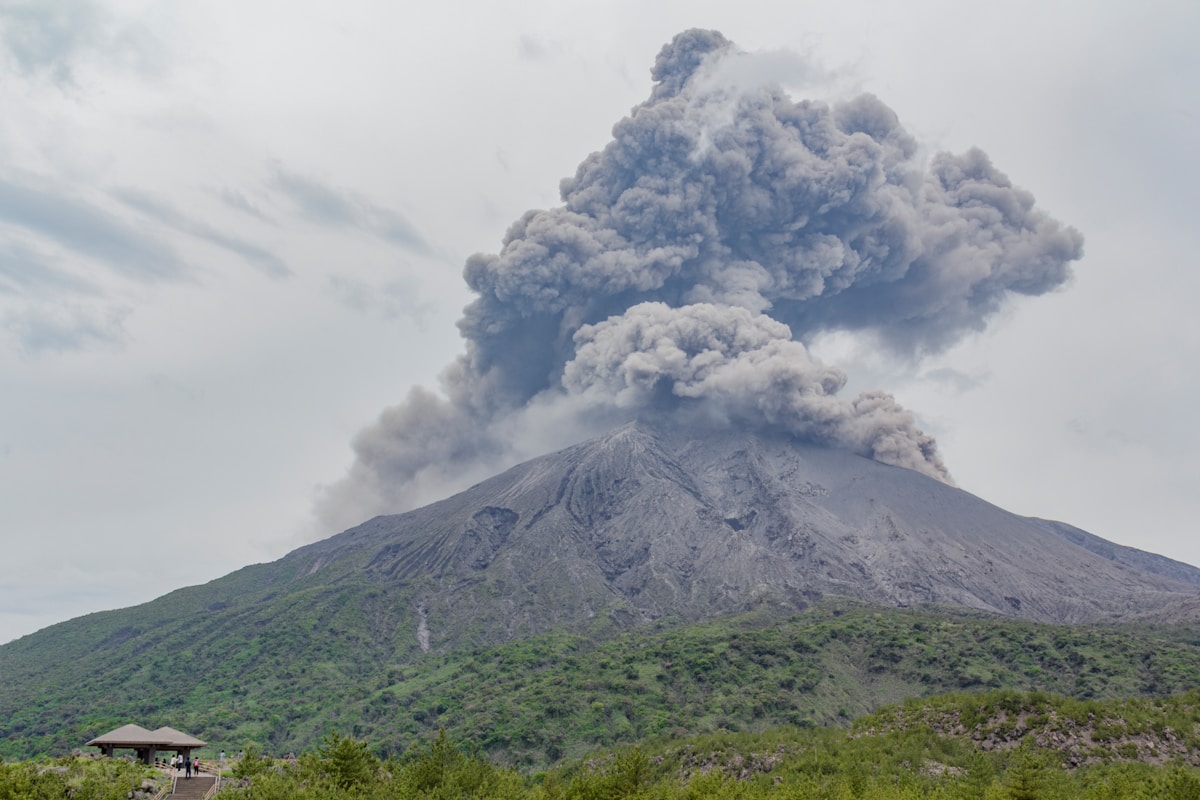
“Anger is just anger. It isn't good. It isn't bad. It justis. What you do with it is what matters. It's like anything else. You can use
it to build or to destroy. You just have to make the choice.” - Jim Butcher,
White Night
A friend challenged me about how I felt about anger. Was I avoiding it because I did not likeconflict? Yes, to some extent, and alsobecause I did not like how I felt when I was anger. I did not feel as if I was in control. Furthermore, the things I say in anger notonly potentially harm the recipient. They harm me because I hear the ugliness of my words when I intend toget my pound of flesh. What if there wasa different way? What if anger was justanger? What can anger teach us?
Anger does not feel healthy because I notice that my fistsare clenched, and often, I am not breathing. How can you think clearly if your brain is not getting oxygen? What if I was less judgmental about my angerand instead figured out how to acknowledge, honor, and process it constructively? Why am I angry? Sometimes it is due to an inability to regulatemy emotions because I am tired and sometimes it is because of the injustice of
our current world. How does it make mefeel? I feel vulnerable when angry anddo not want to show weakness. I want toroar and bluster, but usually, I shove it down instead of dealing with it. What I resist will persist so avoidance isnot an effective long-term strategy.
Life is not always rainbows and lollipops. If the sun shone all the time, we would havea desert. It is a balance to surrenderand allow the feeling of anger without succumbing. What has helped me is to notice how itexpresses itself in my body. This helpsto ground it and make it more concrete instead of an amorphous rage. I can become a co-conspirator with my angerand use the energy behind it to find solutions instead of creating more
problems. If the source of the anger isa person, I also need to face them honestly without violence. Non-violent communication teaches us to stateobservations and look for underlying needs.
I often do not say anything because I do not want to hurtthe other person or my surroundings. Denyingmy feelings does not allow the anger to be processed. How can I approach anger in a nurturingway? Ignoring something is easy until itreturns repeatedly, beating you down. I powerfullyadvocate for play, so how can I creatively engage my anger? I can pretend it is a person and have a conversation,journal, or express it through dance or music and help give it a voice instead
of silencing it. Often when I accept myanger, I find an unexpected joy. I takeaway its teeth and see it for what it is.
Effectively defining a problem helps to build the seeds forits solution. Being clear about mythoughts and feelings and my part in the situation allows me to find holistic
solutions. I may need to express myself in a clear way that acknowledges the
other person as well. Perhaps, I need tonap or eat something because I have blown the situation out of proportion. I may join others in the fight and work for asolution for more complicated cases. Thekey is to define the anger instead of allowing it to define me.
It is essential to build several tools to address anger. Our words and actions are mirrored back tous. If I respond to anger with hate, itis reflected back to me. If I respond inlove, I also benefit. Anger does not alwaysrequire action. For example, what wouldI accomplish by chasing them down if someone cuts me off when driving? Where I live, I may get shot. Is it worth it for a minorinconvenience? What if I said, “Wow,that was close. When others do notfollow the rules of the road, I feel scared because I want to get home safely. I will drive proactively since that is in mycontrol.” I do not know what ishappening in the other person’s life. HaveI never made a mistake or misjudged a distance? Once I calm down, I can be more magnanimous with myself and others.
Providing solutions instead of sarcasm can help other people. A co-worker’s actions upset me. I was team “Throat-punch Thursday.” I thought about what punching someone in the throatwould feel like and realized I was horrified. Cursing them out would be a short-term solution and sow discord. I acknowledged my anger and confronted myneed to be a people pleaser. What wouldcreate a win-win situation? Iacknowledged their need for specific results and pointed out the impact of
their methods. I suggested a differentcourse of action for future needs. Itwas not fun. However, the other personapologized and never did it again; we have a great relationship today. What will you learn from your anger? Will you honor the feeling, stick it in thenaughty corner, or let it wreck you? Thechoice is yours. Namaste.